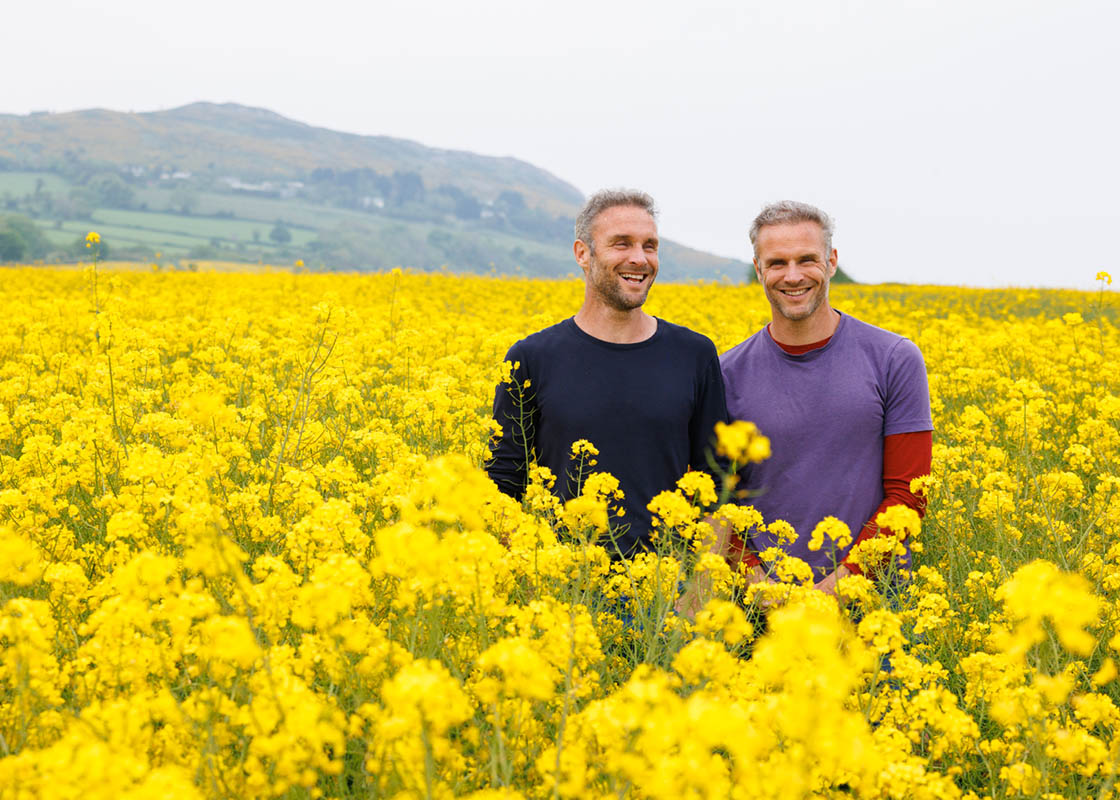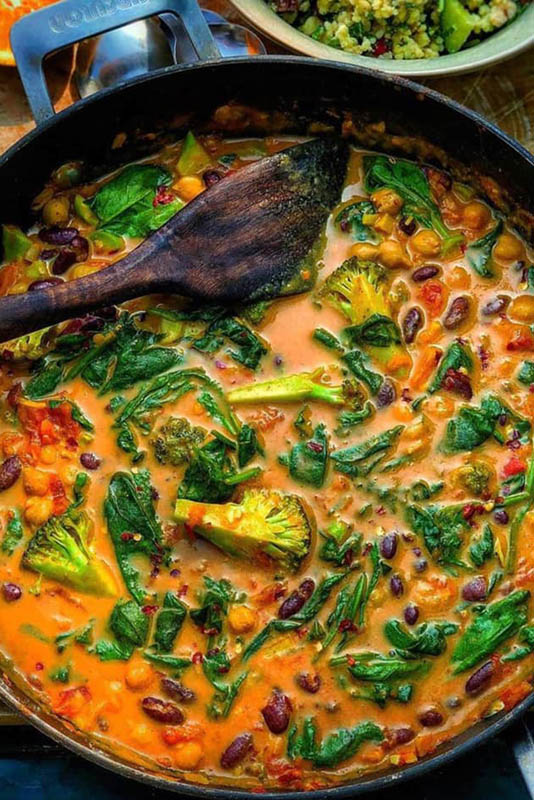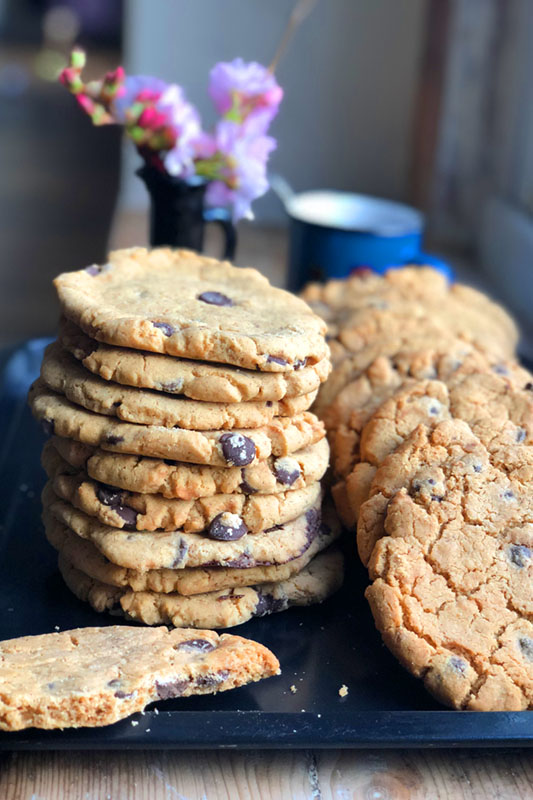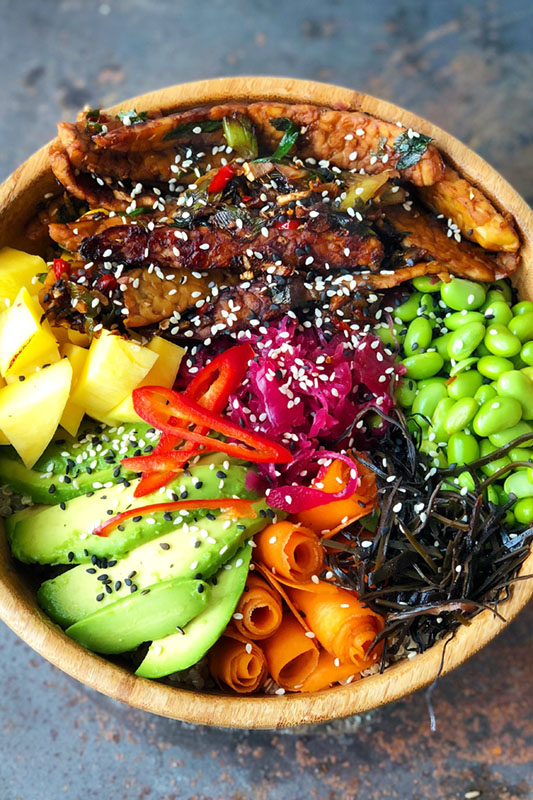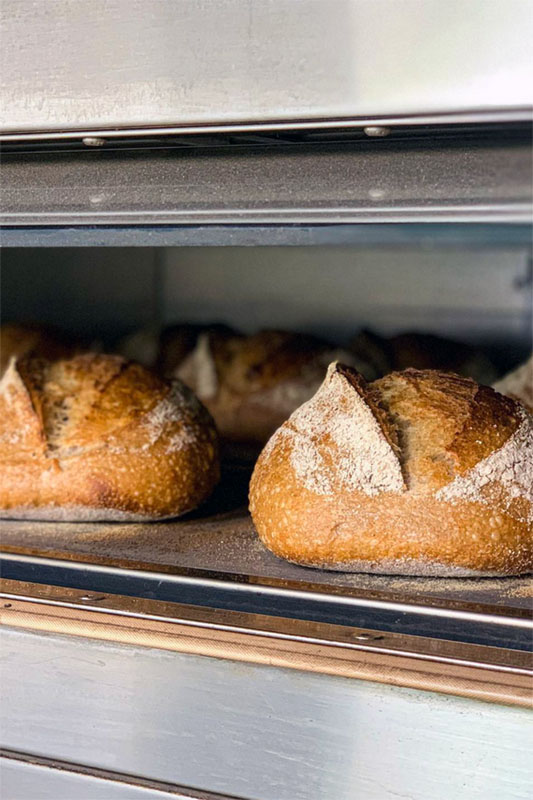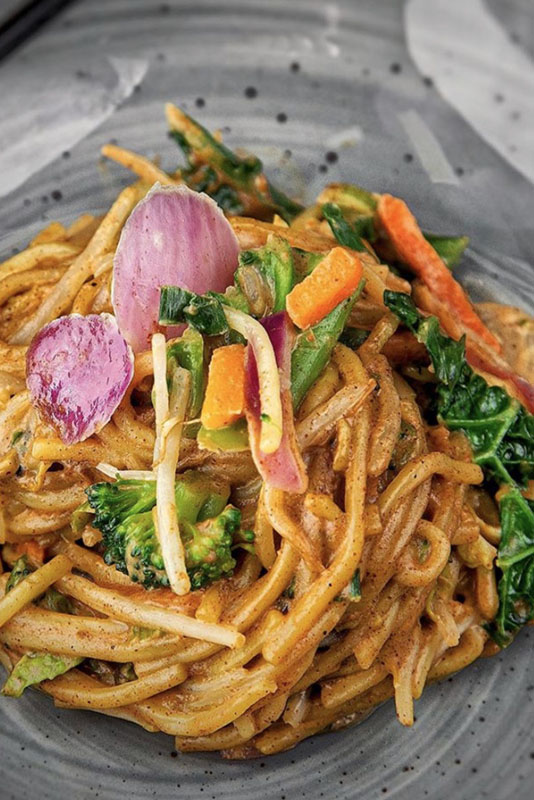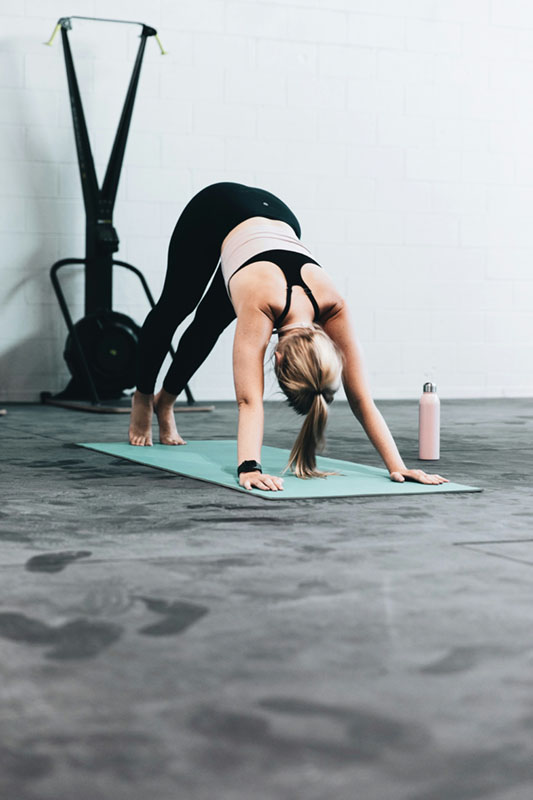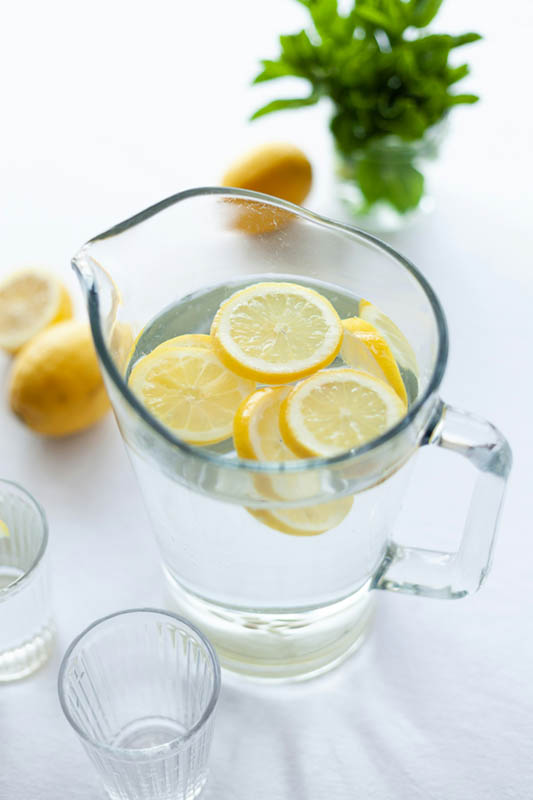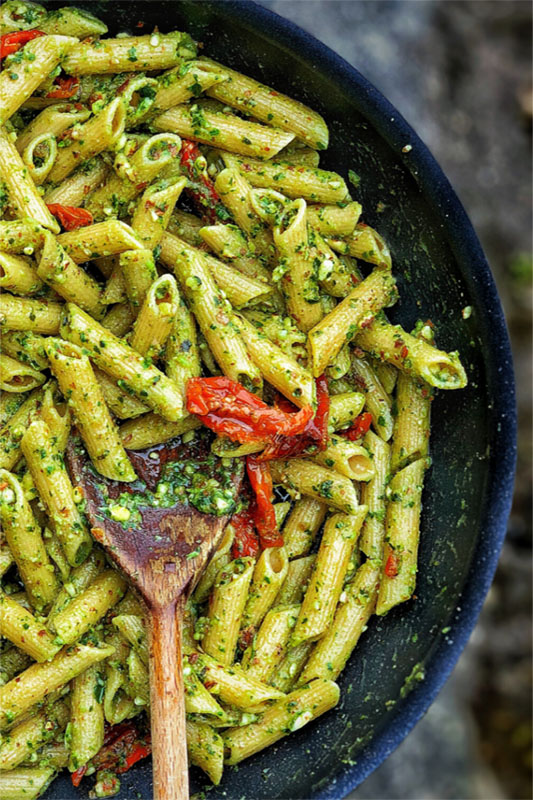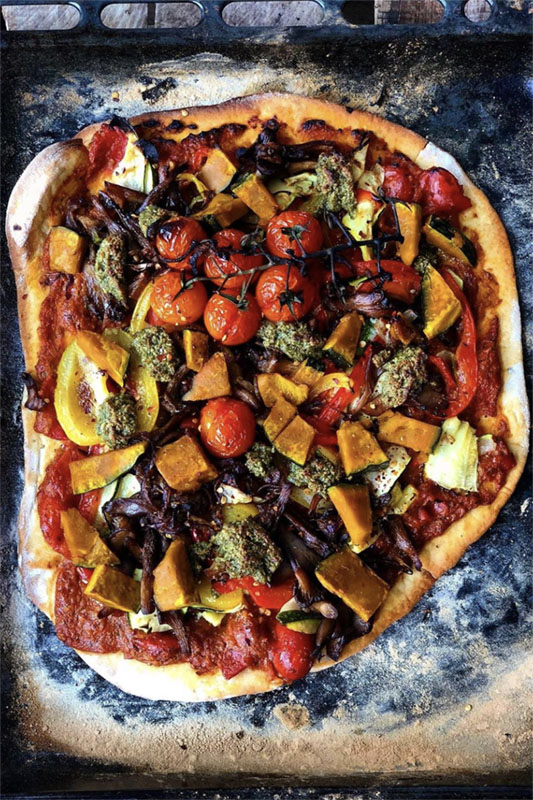Sample Lesson: The Happy Shape Food Pillars
Below are the 10 key Happy Shape Pillars that will help to ensure you achieve your goals and find your happy shape! We have explained each of them here and there is also a downloadable list, which you can print and put somewhere that you can see each day.
- Eat a whole food plant based diet – fruit, veg, beans, legumes, whole grains, nuts & seeds.
- Eat as much as you like, provided you are sticking to these food principles. All health score 5 recipes are suitable!
- Eat only wholegrain products – That means choosing brown carbs over white carbs, no white flour products etc.
- Ensure that packaged whole foods you eat with a label have a fat content below 10%.
- Don’t eat any refined or processed foods.
- Don’t eat any animal based foods – no meat, chicken or fish.
- Don’t eat any dairy products.
- Don’t eat any eggs.
- Don’t use any oil – this includes all oils: olive oil, sunflower, avocado, flax oil.
- Eat nuts, seeds and avocados sparingly.
1. Eat a whole food plant-based diet
This is a diet based 100% on whole foods, it is comprised of: fruit, veg, beans, legumes, whole grains and small amounts of nuts and seeds. The benefits of following this diet are:
- It’s high in fibre
- It’s naturally low in fat
- It does not contain dietary cholesterol
- It’s high in water
- It does not contain saturated or trans fats
- It’s packed with antioxidants and other phytonutrients which aid blood flow.
- It’s low in calories
2. Eat as much as you like, provided you stick to the guidelines
With this diet there is no calorie counting, no portion control (except for desserts!), so you can eat as much as you like, providing you are sticking to these 10 guidelines.
Here’s how this works:
A whole food plant based diet is naturally high in fibre:
- Fibre fills you up.
- It slows down the speed at which you eat.
- High-fibre foods take longer to eat as a result your body registers that you are filling up quicker and reduces your hunger.
- Fibre contains no calories.
- You only get fibre from whole plant foods.
Whole food plant-based foods are high in water:
- Water adds weight to your food
- Water has no calories
A whole food plant-based diet is naturally low in calories:
- By cutting out refined and processed foods, you can dramatically reduce overeating of ‘empty’ calories – refined foods that have no fibre and don’t fill you up or satisfy your hunger.
- By cutting out animal foods, we further reduce calories.
- By cutting out oil, we further cut the calories.
- The only recipes we have included portion control in this book are not surprisingly the dessert section, as they are more calorie-dense and contain less water.
3. Use only wholegrain products
Wholegrain products are the brown carbs : brown rice, wholemeal pasta, wholemeal couscous, wholemeal noodles, 100% wholemeal bread. On this challenge we want you to eat 100% of your grain-based foods from wholegrain/wholemeal sources.
At least 80% of the carbohydrates we eat in the UK and Ireland are white carbs. We want to replace these white carbs that are low in fibre and devoid of any real nutrition with 100% brown carbs.
Wholegrain products are:
- High in fibre
- Low in calories
- Packed with nutrition
4. Ensure the packaged whole foods that you eat with a label have a fat content below 10%
To find out the fat percentage content of a product, look at the back of the product’s packet, where you will find the nutritional information. Fat will be listed in weight per the size of the product and per 100g. Simply look at the fat content per 100g and this will give you the percentage fat. Anything above 10g per 100g is not suitable for the challenge.
5. Don’t eat any refined or processed foods
More than half of all the calories eaten in Ireland, the UK, and most of the first world come from refined and processed foods, so we really do understand how challenging giving up these foods is. We advise you to simply focus on the 4 weeks of this challenge and don’t be thinking beyond this. What is sustainable is joy, feeling good, having more energy, feeling happy and confident in your body so we suggest you focus on these!
By cutting out these refined and processed foods you are avoiding a lot of ‘empty’ calories that are devoid of nutrition and have other negative effects on your health.
Here are some facts about these foods:
- They have no fibre
- They are usually high sugar
- They are usually high in salt (80% of the salt we eat is not from the salt shaker but from refined and processed foods)
- They are usually high in fat, especially saturated fat, which has been linked to gaining weight
- They have the biggest effect on increasing cholesterol levels
- They are usually high in calories
- They are ‘empty’ calories meaning the have very little vitamins or minerals in them and will not fill you up either
By refined and processed foods, we mean chocolate bars, snack bars, crisps, processed cereals, cakes, croissants, fizzy drinks etc. This means saying goodbye to most packaged foods, as they are typically a combination of fat, sugar and salt, and are highly addictive.
6. Don’t eat any animal based foods – no meat, chicken or fish
You may think eating no animal based foods for 4 weeks sounds extreme but we think that the reality of 45% of people dying in Europe every year due to heart disease is even more extreme! By animal based foods we mean beef, lamb, chicken turkey, ham, salami, sausages, bacon and even fish too. That is red meat, white meat and fish – basically exclude any foods that had a face or a mother! Again, focus on the fact that this is a 4 week challenge, it is a limited time, you can take a rain check after the 4 weeks.
Why we exclude animal based foods:
- They have no fibre
- They are high in saturated fat
- They contain cholesterol
- They contain very little antioxidants (the only antioxidants they contain are from the plants the animals consumed)
- They are low in vitamins and minerals compared to plant-based foods
Animal foods contain only 2 of the 3 macro-nutrients: fat and protein. They are missing the number-one source of energy for your body: carbohydrates. Whole plant foods have 20-80% of their calories coming from carbohydrates, giving you a slow sustained energy release.
Animal foods are also high in saturated fat and contain trans fats, both of which are considered the ‘bad’ fats that can cause poor health outcomes. Whole plant foods only contain the ‘good fat’ such as polyunsaturated and monounsaturated fats.
7. Don’t eat any dairy products
This means cheese, milk, butter and yogurt made from dairy products. Dairy products are typically high in saturated fat, particularly cheese, which is the highest source of saturated fat in our diet. They also contain cholesterol and are low in vitamins and minerals when compared to whole plant foods.
Why we exclude dairy products:
- They are high in saturated fat
- They contain cholesterol
- They are often high in hormones
- They have no fibre
8. Don’t eat any eggs
Eggs are the most concentrated source of cholesterol in the common diet, one large egg has about 200 milligrams of dietary cholesterol in the yolk with the daily maximum limit of cholesterol in your diet being 300mg and only 200mg if you are at risk of heart disease.
9. Don’t use any oil, that includes all oils – olive oil, sunflower, avocado, flax oil
Bear with us, we know this sounds really harsh and extreme. However, in our experience of having tens of thousands of people reduce their risk of heart disease and improve their health in just 4 weeks, cutting out oil is highly beneficial. It effectively lowers cholesterol levels, improves blood flow, improves skin and assists in weight loss, and you won’t even taste the difference, the food is equally as delicious!
We are aware that this may come across as super contentious and that on top of all the other ‘DONTS’ on this list, excluding oil seems very extreme but bear with us! Oil is 100% fat and a refined fat too.
Oil is the most calorie dense substance on the plant at 8000/cal per litre, that is 120 calories/tablespoon. These are ‘empty’ calories as in they have no fibre and little to no nutrition. It is the ultimate refined food in that we extract it from the whole food, discarding the fibre and nearly all the vitamins and minerals leaving us with nothing but the fat.
We are not against fat entirely, but we recommend you get your fat from whole food sources such as small amounts of nuts, seeds, and avocados. Most people who start our challenges/courses think they could never cook without using oil but end up surprised by how easy it is and how quickly their palate adjusts to oil free cooking. It is also much easier to wash your pots and pans after cooking without oil!
10. Eat nuts, seeds and avocados sparingly
Here we are talking about raw nuts and seeds (exclude all salted or roasted nuts ). Raw nuts and seeds are super healthful and packed full of beneficial fats. However, we only need very little of them in order to get their benefits. Particularly with nuts, it is very easy to sit there and eat a full 100g while watching something on your phone, however, we only need very little to get the real benefit from them and going above this can cause inflammation and have a negative effect on our cardiovascular health.
Nuts
We ask you to limit your intake of nuts to about 30g a day which is about:
- 20 almonds
- 10 walnuts
- 10 brazil nuts
- 15 pecan nuts
The healthiest of all nuts in terms of the highest omega 3 and lowest saturated fat are walnuts. In terms of nut butters and tahini we ask you to cut them out for the 4 weeks of the challenge (unless they are included in one of our recipes which is okay). As a snack, they are just so tasty which makes them very difficult to stop eating, so best to just go cold turkey and exclude them for the 4 weeks.
Seeds
We have found people are much less likely to overeat seeds, however, they are also a concentrated source of calories (about 5000cals/kg) and average about 30% fat (but tend to be low in saturated fat). We definitely encourage you to eat seeds but not a full bag!
Try to limit your seed intake to a few tablespoons a day or approx 30g. Seeds are great sprinkled over your porridge in the morning or over a salad at lunch.
Avocados
Like seeds and nuts, avocados are super healthy for you. However, they are energy dense and high in fat, so we encourage you to limit your avocado intake to a maximum of half an avocado, every second day.
